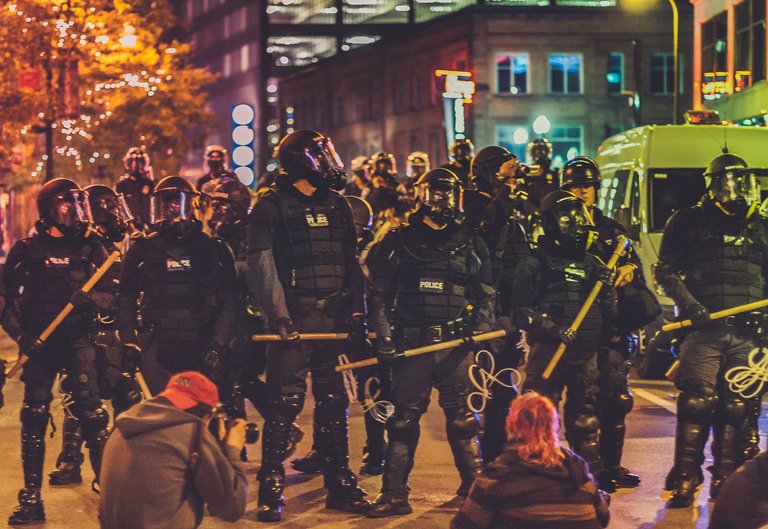
Prime Minister Justin Trudeau is finally going to put forward one of his campaign promises worth keeping: legalize marijuana for personal use – it already is for medical purposes. Many experts are already questioning the details of the legislation, for instance how old should smokers be. Psychiatrists are pleading for age 25, since smoking before that age could affect brain development.
But beyond these questions, the legalization as such is excellent news.
First of all, it will keep non-violent offenders whose only crime was carrying the wrong kind of plant out of jail. This will free up much-needed resources for government to actually focus on real crimes, and Canada desperately needs it since the Jordan Decision in 2016 that puts actual limits on how long a trial can be delayed.
Second, prohibition has been a miserable failure every time it has been tried. From alcohol to guns to other drugs, the only thing it has done is to make criminals out of criminals out of honest citizens. Portugal understood that concept and, in the year 2000, decriminalized all drug offense for personal use (up to certain amounts). As a result, drug consumption either decreased in absolute numbers or increased modestly, far below the rest of Europe where criminalization still happens.
And finally, knowing that the money will go towards entrepreneur and not criminal gangs is always good news. From medical to recreational marijuana, Mexican drugs cartels are “feeling the burn” of competition of the legal market.
.jpg)
Not a Fountain of Gold
However, getting revenues out of private organized crime doesn’t mean that public ones should get them.
Governments must be very careful not to see pot as a new cash cow that will bring new revenues – estimated around $500 million. Already, Martine Ouellet of separatist Bloc Québécois wants provinces to control production and production permits because of its lucrative potential.
Despite her young age, she should know that too much control of a legal market will still lead to a black market and crime. Colorado quickly learned about it; there were a total of four different taxes of legal pot in 2014, which meant that “illegal” pot was much cheaper for people who wanted a cheaper fix.
Those taxes still exist in 2017, and many people still prefer the black market in order to pay as much as 25 percent less. It’s not rocket science; it’s been happening for cigarettes since they became taxed. New York State, with its $4.35 taxes per pack, sees 58 percent of its smokers getting their tobacco from out of state while Colorado, with its $0.58 taxes, only sees 13.5 percent of smokers doing the same.

In short, governments must learn the full lesson of their past mistakes. While legalization of drugs is the confession that prohibition is a failure, their will to put high taxes on it shows that they still don’t quite understand black markets. And considering that Canada has had many “resuscitations” of black-market cigarettes when taxes increased dramatically, it seems that this lesson will never be learned.
Good article! Taxes can be ridiculous and governments think that they have great ideas, but really they just have their heads up their asses. Haha.
This is so frustrating. I hope one day a libertarian state, city, island will be developed to give opportunity to all those who appreciate freedom.
Our governements sure love to regulate, tax and over-control everything.
While I'm not against a bit of tax and regulation (you know, the former to contribute to our society and the latter to ensure quality of product), both the federal and provincial governments tend to easily go overboard. This is especially true when it comes to businesses. They make it sound like registering for a business permit makes you instantly rich and gives you criminal intentions...